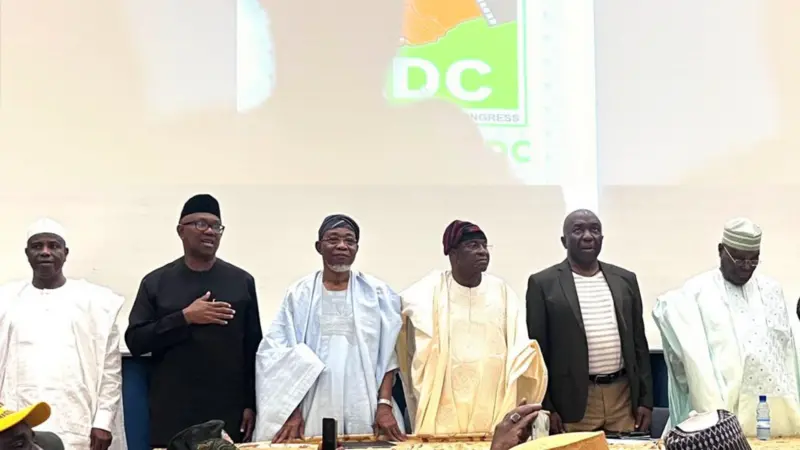
The Federal Government has advised scientists in Ministries, departments−ministries, and agencies to advance their knowledge of genetically modified organisms (GMOs) to ensure that their feedback on the subject is factual and unambiguous.
The News Agency of Nigeria (NAN) reports that Nigerians are divided on the safety of GMOs.
The federal government outlined this on Thursday in Abuja at a two-day workshop, where it received a fact-based briefing on the science behind GMOs.
The occasion was organised by the Open Forum on Agricultural Biotechnology (OFAB) Nigeria under the auspices of the National Biotechnology Research and Development Agency (NBRDA).
The workshop, which had the theme “Biotechnology and Biosafety: Building Trust through Science and Facts”, presented a platform to explore the science and regulatory framework behind GMO cultivation in Nigeria.
The Permanent Secretary, Federal Ministry of Innovation, Science and Technology, Mrs Esuabana Nko-Asanye, said the public often relied on government institutions for guidance on GMOs.
“We must, therefore, ensure that our knowledge base is not only accurate but also updated, enabling us to communicate facts in a clear and balanced manner,” she said.
She further said it was critical to embrace innovations that could help guarantee sustainable food production.
Though, according to her, the introduction and use of GMOs should be approached with caution, knowledge and adherence to regulatory standards.
Prof. Abdullahi Mustapha, Director-General, NBRDA, stated that, trust was not granted by statements alone but earned through transparent processes, open communication and demonstrable outcomes.
“To build that trust, we must be candid about both the potential of biotechnology and the legitimate concerns that citizens and civil society raise.
“Questions about gene flow, non-target effects, socio-economic impacts and seed access deserve robust, evidence-based answers.
“We must publish data from trials, explain the methods used in food safety assessments, and ensure that monitoring results are available to regulators, researchers, and the public,’’ he explained.
Mustapha said it was necessary to ensure that technological progress was matched by rigorous safety assessment, clear policy, transparent oversight and open dialogue with citizens.
He said scientific innovation in agricultural biotechnology was not an end but a tool designed to deliver measurable benefits which include, among others, greater resilience to pests and drought and reduced reliance on chemical pesticides.






















